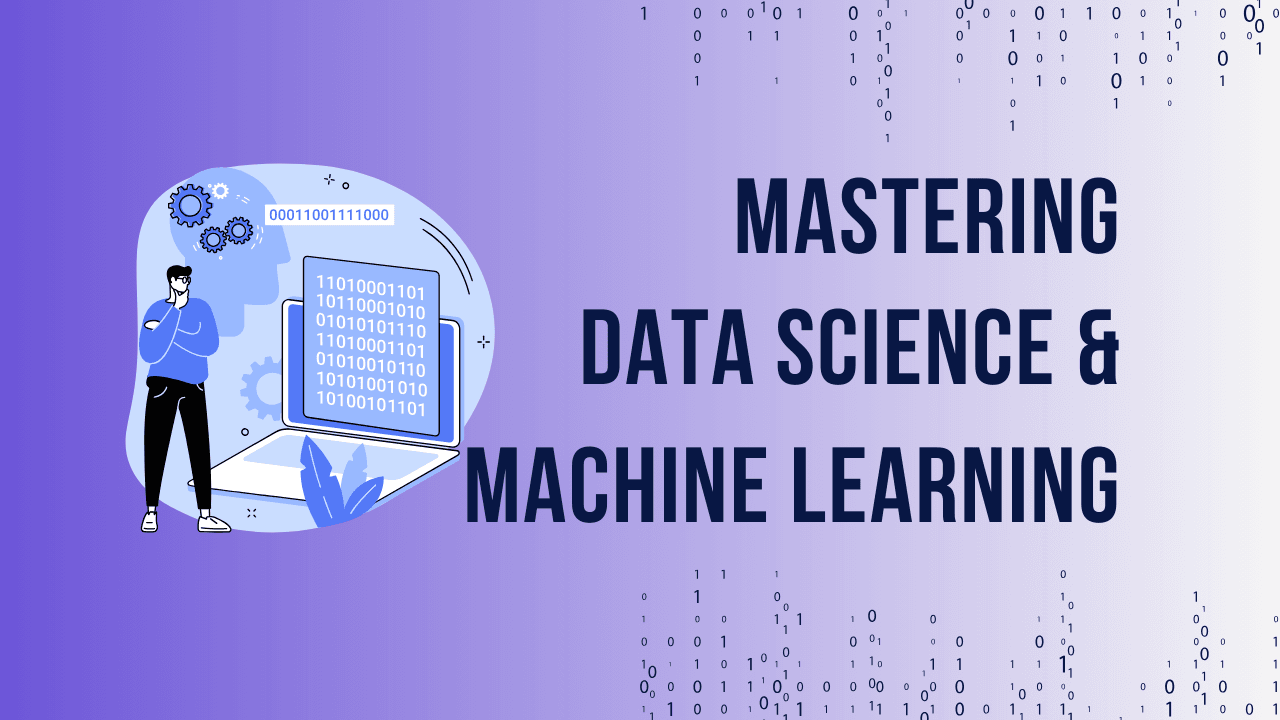Between 2020 and 2025, Meta AI and ChatGPT have radically transformed how people access and interact with artificial intelligence. What began as social, collaborative tools embedded in platforms has evolved into a new era of highly personalized, solo AI assistance. This shift has democratized AI, expanded accessibility, and changed the way individuals, businesses, and entire industries leverage intelligent systems.
The Shift: From Social Platforms to Personal AI
Early Social Integration
Initially, AI was primarily experienced through large social platforms—recommendation engines on Facebook, smart feeds on Instagram, and collaborative chatbots in group settings. Meta AI focused on enhancing social connectivity, content curation, and real-time translation within its ecosystem, making AI a background enabler of social interaction1.
The Rise of Solo AI Agents
By 2024, the landscape shifted dramatically. OpenAI’s ChatGPT, along with Meta AI, began rolling out features that prioritized individual agency and direct access. ChatGPT’s explosive growth—reaching 400 million weekly users by early 2025—demonstrated a massive appetite for solo, on-demand AI assistance3. Users now interact with AI not just within social platforms, but as personal assistants for work, learning, travel, and daily life.
Key Innovations Driving Accessibility
Real-Time, Multimodal Interaction
Both Meta AI and ChatGPT have introduced real-time capabilities, including advanced voice, video, and image recognition. ChatGPT’s Advanced Voice mode, for example, allows users to converse naturally, translate languages on the fly, and even identify objects or landmarks via video—all in real time1. Meta’s integration of AI into smart glasses enables users to access translation, navigation, and information hands-free, further personalizing the AI experience1.
Accessibility and Inclusivity
A major breakthrough has been the integration of AI with assistive technologies. ChatGPT’s text-to-speech, multilingual support, and ability to generate alternative formats have made digital content accessible to users with disabilities and non-native speakers2. This has had a profound impact on education and workplace inclusion, allowing more people to benefit from AI-powered tools2.
Democratization of AI
The past five years have seen a surge in the democratization of AI—making powerful tools accessible, affordable, and user-friendly for a global audience. The proliferation of AI-powered platforms and apps means that AI is no longer the domain of large corporations or tech elites, but is available to anyone with an internet connection4. This democratization has been essential for creating a more equitable digital future4.
Impact on Industries and Daily Life
Travel and Real-Time Assistance
AI has revolutionized travel by enabling real-time search, booking, and translation. ChatGPT and Meta AI can now act as personal travel agents, guides, and translators, remembering user preferences and providing tailored recommendations throughout a journey1.
Education and Knowledge Access
AI-driven personalization allows for customized learning experiences. ChatGPT, in particular, has been used to simplify complex concepts, generate accessible study materials, and provide instant feedback, supporting a diverse range of learners2.
Everyday Autonomy
The evolution from social to solo AI has empowered individuals to manage their schedules, make informed decisions, and access information without intermediaries. This autonomy marks a significant cultural shift in how people relate to technology and information.
User Growth and Reach
ChatGPT’s rapid adoption underscores the demand for solo AI access. Surpassing 1 million users in five days and reaching 400 million weekly users by early 2025, ChatGPT is on track to reach 1 billion users by the end of the year3. This growth highlights the mainstreaming of AI as a personal tool, not just a social feature.
Conclusion
In just five years, Meta AI and ChatGPT have rewritten the rules of AI access. The journey from social, platform-based AI to solo, personalized assistants has democratized technology, expanded accessibility, and empowered individuals worldwide. As AI continues to evolve, the focus is firmly on user agency, inclusivity, and real-time, multimodal interaction—setting the stage for the next chapter in the AI revolution


